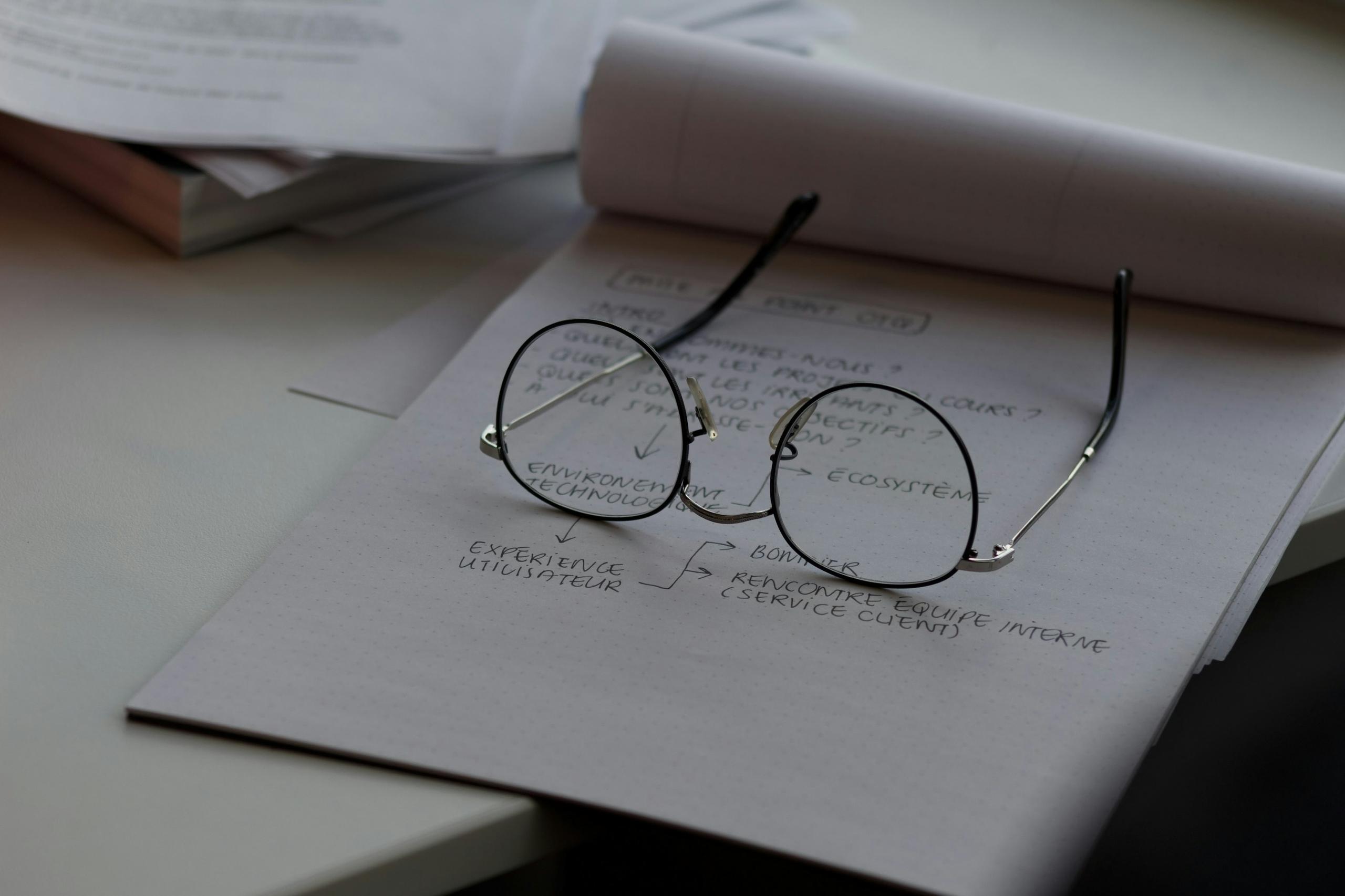Table of Contents
Philadelphia Rear-End Collision Attorneys
At PhillyLaw, we are dedicated Philadelphia rear-end collision attorneys with a commitment to serving individuals who have been rear-ended. Our team thoroughly understands the complex dynamics and legal implications of these types of collisions. We strive to offer compassionate, comprehensive legal representation to car accident victims to ensure that your rights are protected and that you receive the compensation you deserve for any injuries, damages, and losses you have sustained as a result of a rear-end accident in Philadelphia. If you have suffered personal injury as the result of a rear-end collision accident, contact PhillyLaw for a free consultation with an experienced car accident lawyer to learn more about your legal options for a personal injury claim.
What to Do After Rear-End Car Accidents in Philadelphia
If you’ve been involved in a rear-end collision in Philadelphia, it’s crucial to take specific steps to protect your health and legal rights.
Ensure Safety
First and foremost, ensure the safety of all parties and call the emergency services if there are any injuries.
Call 911 to Report the Accident
Immediately following a rear-end collision, it is imperative to call 911. This not only ensures that any injured parties receive prompt medical attention but also that the accident is officially documented by the police. An official police report can be a critical piece of evidence when filing insurance claims or pursuing a legal case related to the accident. When speaking with the officers, provide an honest and clear account of the incident, without admitting fault, to ensure the report is accurate.
Seek Medical Attention
Even if it does not seem like you have serious injuries, seek medical attention as some symptoms might not appear immediately.
Document the Accident Scene
Take photos of the scene, including all vehicles involved, any visible damage, and any relevant road signs or conditions. This photographic evidence can prove invaluable during the legal process.
Exchange Information
Next, exchange contact and insurance information with the rear driver but refrain from discussing fault or making statements that could be construed as admitting liability. It’s also wise to gather contact information from any witnesses.
Contact Insurance Company
After ensuring your safety and securing the necessary information at the accident scene, the next crucial step is to contact your insurance company as soon as possible. It’s important to initiate this process promptly to facilitate the claims process. When contacting your insurance company, provide them with all the relevant details of the accident, including the time, location, and how the accident occurred, without admitting fault.
Contact a Car Accident Lawyer at PhillyLaw
Finally, consider contacting a skilled rear-end collision attorney in Philadelphia. Legal guidance can be crucial in navigating the complexities of your case, dealing with insurance companies, and ensuring you receive fair compensation for your damages, including medical expenses, lost wages, and pain and suffering. If you have been rear-ended and are suffering personal injury, contact the experienced car accident lawyers at PhillyLaw for a free consultation to learn more about your ability to seek recovery.
Causes of Rear-End Collisions
Rear-end accidents are among the most common types of car accidents, and they can happen for a variety of reasons.
Following Too Closely
One of the primary causes of rear-end car accidents is following too closely, also known as tailgating. When drivers do not maintain a safe distance from the vehicle in front of them, they have less time to react and stop in case the leading vehicle brakes suddenly.
Distracted Driving
Distracted driving, which can include texting, talking on the phone, eating, or any activity that takes the driver’s attention away from the road, is another significant factor contributing to rear-end accidents.
Poor Road Conditions
Poor road conditions, such as wet or icy roads, can also lead to these types of collisions if drivers fail to adjust their speed to match the road conditions.
Abrupt Stops
Additionally, abrupt stops, whether due to traffic signals, pedestrian crossings, or other reasons, can catch following drivers off guard, especially if they are not paying full attention to the road ahead.
Mechanical Failures
Mechanical failures, such as brake failure, are less common but can still be a cause of rear-end collisions.
By understanding these causes, drivers can take measures to prevent rear-end accidents, such as maintaining a safe driving distance, minimizing distractions while driving, and ensuring their vehicle is well-maintained.
Who is At Fault in a Rear-End Collision?
Determining fault in a rear-end collision typically hinges on the concept of negligence. In most rear-end collisions, the driver who collides with the rear of another vehicle is considered the at-fault driver, as it is a driver’s responsibility to maintain a safe distance from the car ahead to allow ample time for stopping. This principle aligns with the idea that if a driver had maintained a proper lookout and an appropriate distance from the vehicle in front, they would have been able to stop in time to avoid the collision.
However, exceptions exist where the car ahead might be found partially or wholly at fault. Scenarios include sudden and unnecessary braking, malfunctioning brake lights on the leading car, or if the leading vehicle reverses into the trailing vehicle. In these cases, the fault could shift wholly or partially to the leading driver for creating a hazard.
Pennsylvania’s Comparative Negligence Law
In Philadelphia, as in many jurisdictions, determining fault for a personal injury claim can be further complicated by comparative negligence laws, which allow for fault to be distributed among multiple parties. For example, if a following driver is found to be 80% at fault for not maintaining a safe distance, but the other driver is 20% at fault for having non-functioning brake lights, compensation could be adjusted accordingly. Ultimately, the specific details of each case play a crucial role in determining fault, highlighting the importance of gathering comprehensive evidence and seeking skilled legal representation.
Damages Available for Personal Injury from a Rear-End Collision
Damages available in a personal injury claim from a rear-end collision can be categorized into two main types: economic and non-economic damages.
Economic Damages
Economic damages refer to the quantifiable monetary losses resulting from the accident. These can include:
- Medical Bills: Covering costs for immediate medical treatment following the car accident and any ongoing medical care, including surgeries, hospital stays, medications, physical therapy, and rehabilitation.
- Lost Wages: Compensation for the income lost due to time taken off work for recovery. It also covers loss of earning capacity if the injuries result in a temporary or permanent inability to perform one’s job.
- Property Damage: Costs to repair or replace your vehicle and any personal property damaged as a result of the car accident.
- Other Out-of-Pocket Expenses: Any other costs directly tied to the car accident, such as transportation to medical appointments or the cost of hiring help for household tasks you’re unable to perform due to your injuries.
Non-Economic Damages
Non-economic damages compensate for losses that are not directly quantifiable in monetary terms but significantly impact the victim’s life:
- Pain and Suffering: Compensation for the physical pain and discomfort experienced due to the injuries sustained in the car accident.
- Emotional Distress: Covers the psychological impact of the car accident, such as anxiety, depression, and trauma.
- Loss of Enjoyment of Life: Compensation for the inability to enjoy hobbies and other activities you once participated in before the car accident.
- Loss of Consortium: Reflects the impact of your injuries on your relationship with your spouse or partner, including loss of companionship, support, and affection.
Specific damages available can vary depending on the jurisdiction and the details of the car accident case. An experienced car accident lawyer from PhillyLaw will be able to guide to to provide the detailed documentation to establish a comprehensive personal injury claim that accurately reflects all the damages suffered.
PhillyLaw is Committed to Rear-End Car Accident Victims
At PhillyLaw, we are deeply committed to supporting victims of rear-end collisions. We understand the physical, emotional, and financial toll these accidents can take on individuals and families. Our team of experienced lawyers specializes in car accident claims, focusing on providing comprehensive legal representation to those who have suffered due to being rear-ended. With a detailed understanding of the complexities surrounding rear-end collision cases, including fault determination and the nuances of Pennsylvania’s comparative negligence law, PhillyLaw diligently works to secure the full scope of damages our clients are entitled to. Whether you’re facing mounting medical bills, loss of income, or the emotional aftermath of an accident, PhillyLaw stands ready to advocate on your behalf, ensuring your rights are protected and your recovery is prioritized. Contact us today for a free consultation.





